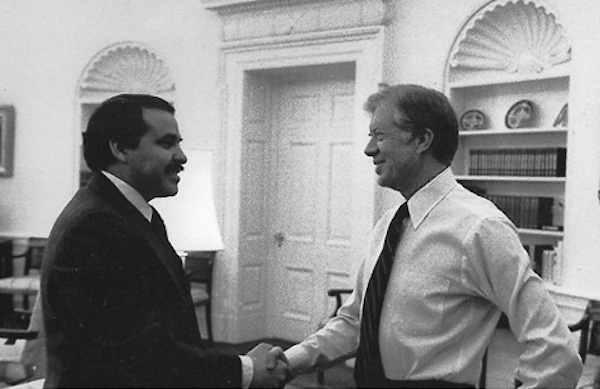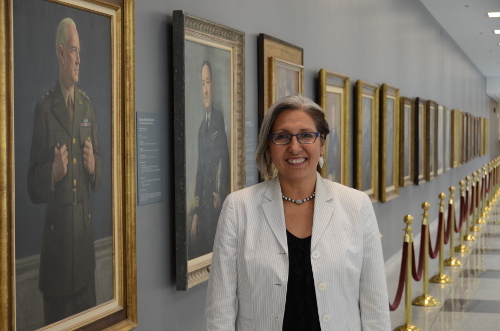
The CIA is looking for you
The US Central Intelligence Agency - the world's largest intelligence service - is looking for new agents, and this time wants them to be Latinos.
We are more and we are everywhere. That is the reality of the American Latino.
And this has been realized not only by large industries and companies, but also by security and intelligence agencies.
This time it is the turn of the United States Central Intelligence Agency, commonly known as the CIA, which has shifted its focus to the most promising and growing community in America today: the Hispanic community.
With more than fifty million people, this community is yet unrepresented in the ranks of the CIA, especially "in the highest steps of the ladder", according to the newspaper El Clarín.
It was an internal study in 2015 that made the Agency think: minorities were represented in less than 24% of their workforce, and in only 10.8% of their leadership (of which Hispanics represented only 2.5%), according to the report.
John Brennan, the then CIA director - son of a "humble Irish immigrant", as he describes himself - launched a campaign to "optimize diversity" within the Agency, in order to "facilitate secret missions in countries where minorities go unnoticed."
Two years later, and taking advantage of the Hispanic Heritage Month, the Agency has begun its campaign to recruit Latino talent.
Through the CIA's Hispanic Advisory Council (HAC), the agency "defends the aspirations of Latino employees within the espionage service and promotes ties with Hispanic groups to drive the recruitment of new values."
Struggling against stereotypes and stigmas, the Agency tries to break away from the concept of being “another American security force", which has prevented many Latinos from approaching a new source of employment.
The president of the HAC, who presents herself under the name of Carmen and of Puerto Rican origin, claims to be convinced of “the importance of diversity of thought in the work of the CIA”. And I do believe that everyone, based on their background and personal experiences, brings slightly different viewpoints to problem solving and slightly different interpretations of data. My exposure, early on to, many different cultures—the fact that I was bilingual by the time that I was five—gives me a certain flexibility of mind that helps me be a better analyst and problem solver,” she said.
Confusion over the agency's work - perceived by many as "a police force" - particularly discourages candidates with undocumented relatives in the United States, "where some 11 million undocumented migrants live in the shadows, of which the majority comes from Latin America”, according to El Clarín.
RELATED CONTENT
"We are not a police force. We do not deport families," says a spokeswoman for the Office of Public Affairs (OPA).
According to an agent presented under the name of Mario, the evaluation only leads to the "use of lie detectors as the polygraph". "You have to reveal everything," he says, adding that to work in the CIA "you must be very discreet, because in many cases, people's lives are in your hands."
In the history of the agency, few Latinos have been instrumental so far. Such is the case of former agent Tony Méndez, son of Mexican father and who stood out for its role in the "crisis of the hostages in Iran" (1979-1981).

Also, Carmen Middleton, retired and of Mexican origin, served as sub executive director and was, for years, the fourth most powerful person of the espionage service.

According to the spokeswoman of the OPA, the aspirants should only "respond to the profile of a special and very patriotic person, willing to take an oath for life, and, above all, able to make his entire career in silence."











LEAVE A COMMENT:
Join the discussion! Leave a comment.